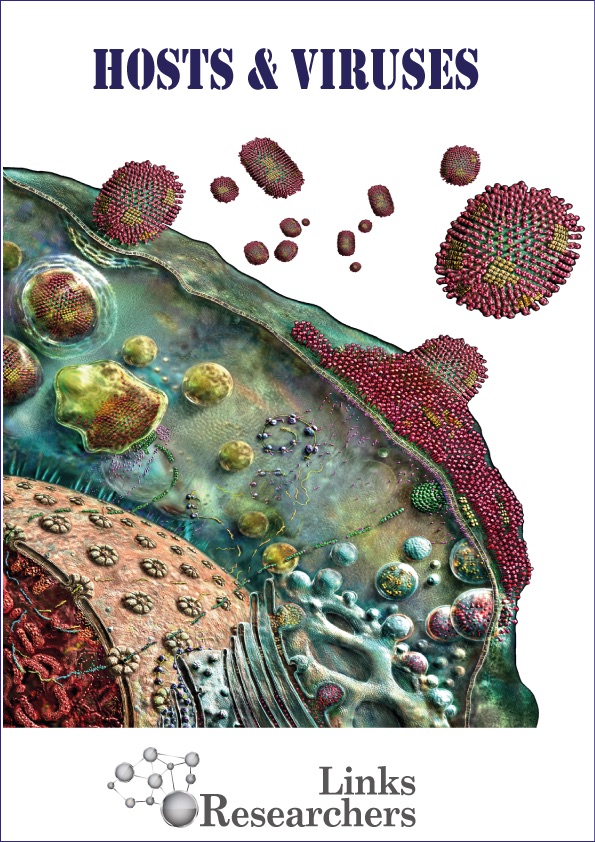Isolation of Escherichia Coli Phages from Waste Waters
Isolation of Escherichia Coli Phages from Waste Waters
Stephen Chijioke Emencheta1, Anthony Amaechi Attama2, Ezinwanne Nneoma Ezeibe1, Adaora Angela Agubata1 and Ebele Benedette Onuigbo1*
ABSTRACT
This research was designed to isolate and test the lytic action of a bacteriophage specific to Escherichia coli. Both Escherichia coli and bacteriophages were isolated from farmlands and residential wastewaters. The isolated Escherichia coli were confirmed through phenotypic and biochemical tests. Antimicrobial susceptibility test to nine antibiotics was determined. Multi-antibiotic resistance index (MARI) was assessed. Spot assay was done to determine lytic action of the bacteriophage on the lawns of the Escherichia coli. The phenotypic and biochemical tests confirmed Escherichia coli isolates. There was metallic green sheen on EMB agar. The isolates were citrate negative and indole positive. The isolates were found to be resistant to amoxicillin (100 %), meropenem (100 %), and ceftriaxone (100 %). The Multi Antibiotic resistance index (MARI) of the isolates was calculated to be 0.33. The formation of plaques (clear zones of inhibition) on the lawn of the plates of Escherichia coli was confirmed. The isolation of Escherichia coli phages from residential and farm wastewaters is a promising molecular tool for E. coli tracking in the environment.
To share on other social networks, click on any share button. What are these?





